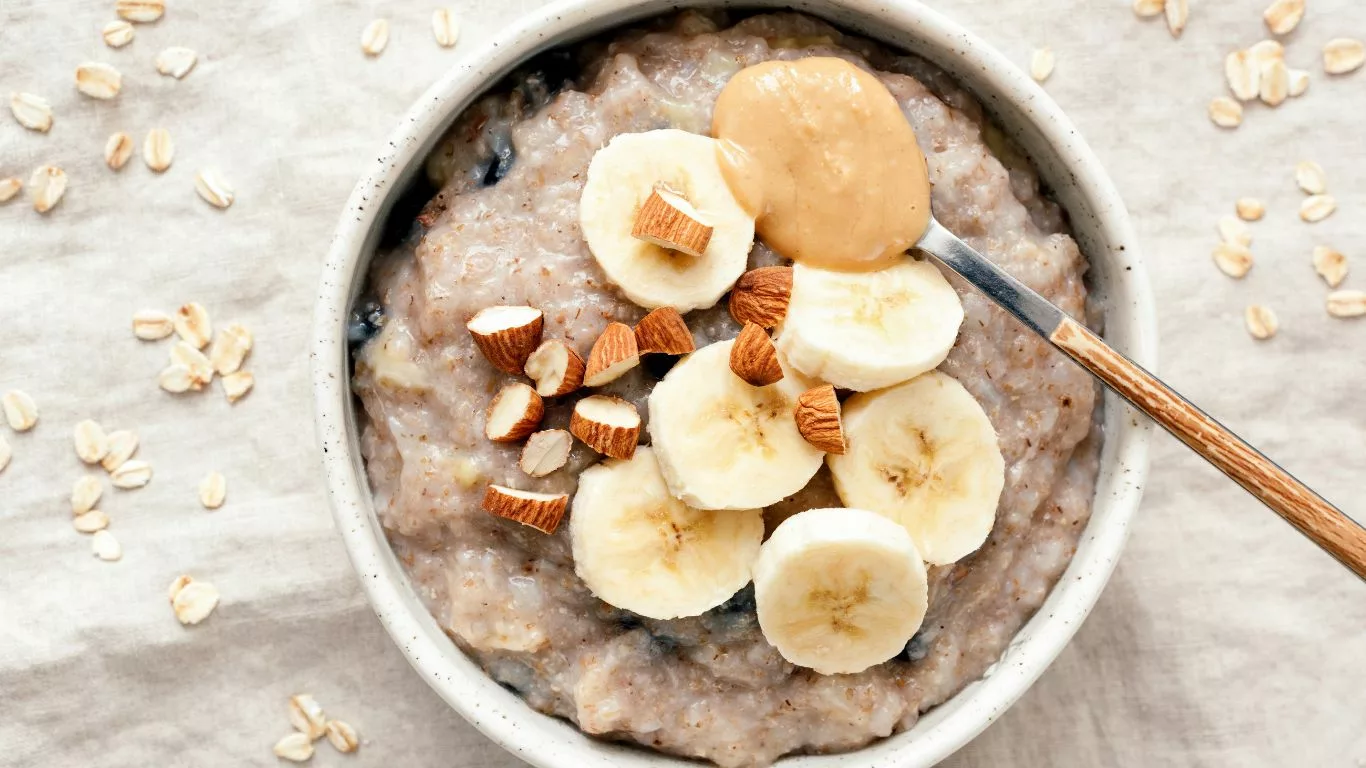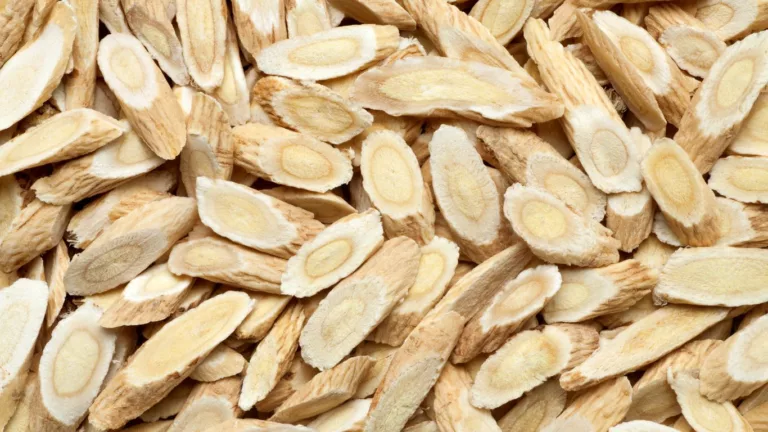How to Ease GERD Symptoms – A Practical Guide
Struggling with GERD symptoms? This guide offers practical tips to ease discomfort, including lifestyle changes, dietary adjustments, and remedies to manage acid reflux effectively.
Dealing with GERD (Gastroesophageal Reflux Disease) can be a real pain—literally. It’s that burning sensation in your chest, the sour taste creeping up your throat, and the discomfort that can ruin a good meal or even your sleep. But don’t worry; there are ways to manage and ease GERD symptoms that don’t involve giving up everything you love. Let’s break it all down so you can start feeling better ASAP.

Understanding GERD Symptoms
GERD happens when stomach acid flows back into the esophagus. This reflux irritates the lining of your esophagus, causing heartburn, regurgitation, and other symptoms like difficulty swallowing or even a chronic cough. It’s not just annoying—it can mess with your daily life and lead to complications if untreated.
Common Triggers
Foods like spicy dishes, citrus, chocolate, and caffeine are common culprits. Lying down right after eating or having a large meal late at night can also make things worse. Stress and certain medications might play a role, too.
Why Does GERD Happen?
At the root of GERD is a weakened lower esophageal sphincter (LES). This muscle acts as a valve, preventing stomach acid from creeping back up. When it’s not working properly, reflux happens.

Diet Tips for GERD Relief
Your diet plays a huge role in managing GERD symptoms. By being mindful of what you eat, you can reduce acid reflux and avoid unnecessary discomfort.
Foods to Avoid
- Spicy foods
- Citrus fruits
- Tomato-based sauces
- Chocolate and peppermint
- Fried or fatty foods
- Caffeinated and carbonated drinks
Foods That May Help
On the flip side, some foods can actually soothe your symptoms. Think oatmeal, bananas, ginger, and leafy greens. These are not only gentle on your stomach but can also help keep acid levels in check.
Meal Tips
- Eat smaller, more frequent meals.
- Avoid eating at least 2-3 hours before bedtime.
- Chew your food thoroughly to aid digestion.

Lifestyle Changes to Manage GERD
Sometimes, it’s the little things in your daily routine that make a big difference in managing GERD. Here are some habits to adopt:
Stay Upright After Meals
Don’t lie down or recline immediately after eating. Gravity helps keep stomach acid where it belongs. Wait at least two hours before hitting the couch.
Elevate Your Bed
If nighttime reflux is your enemy, try propping up the head of your bed by 6-8 inches. This slight incline can prevent acid from sneaking into your esophagus while you sleep.
Wear Loose Clothing
Tight belts and waistbands can put extra pressure on your stomach, making reflux more likely. Keep things comfy and breathable.
Manage Stress
Stress doesn’t directly cause GERD, but it can amplify your symptoms. Deep breathing, yoga, or even a daily walk can help keep stress levels in check.

Over-the-Counter and Home Remedies for GERD
If lifestyle and diet changes aren’t enough, there are other options to consider:
Antacids
Quick relief is often just a chewable tablet away. Antacids like Tums can neutralize stomach acid and ease heartburn fast.
H2 Blockers and PPIs
These meds reduce acid production and provide longer-lasting relief. Examples include ranitidine (H2 blocker) and omeprazole (PPI).
Herbal Remedies
Natural options like chamomile tea or slippery elm can soothe your stomach. Just check with your doctor to make sure they’re safe for you.
Conclusion
Managing GERD symptoms isn’t a one-size-fits-all process, but with some tweaks to your diet, lifestyle, and maybe a little help from medication, you can find relief. Start with small, manageable changes, and always consult a healthcare provider for guidance tailored to your needs. Remember, you’ve got this!
Appendices
FAQs
- What are the main causes of GERD? Weakness in the LES and triggers like certain foods or stress are common causes.
- Can GERD go away on its own? GERD usually requires some form of management, like lifestyle changes or medication.
- Is milk good for GERD? Milk can temporarily soothe symptoms, but its fat content might worsen reflux for some people.
- How long does it take to ease GERD symptoms? It varies, but consistent changes can show improvement within days to weeks.
- Can exercise worsen GERD? Intense exercise, especially on a full stomach, can trigger reflux. Stick to low-impact activities if needed.
References
- American Gastroenterological Association (2023). Managing GERD Effectively. Read Article
- Smith, J., & Doe, A. (2022). Acid Reflux and Diet. Journal of Digestive Health, 40(3), 150-162. Read Article
- National Institutes of Health (NIH). (2024). GERD Management Guidelines. Read Article
Disclaimer: This article is for informational purposes only and does not replace professional medical advice. Always consult your doctor for personalized guidance on managing GERD symptoms.

Camellia Wulansari is a dedicated health writer specializing in digestive disorders, contributing valuable insights and information to the health and wellness community. With a passion for promoting well-being through knowledge, Camellia serves as a reliable source of expert content on healthusias.com.






